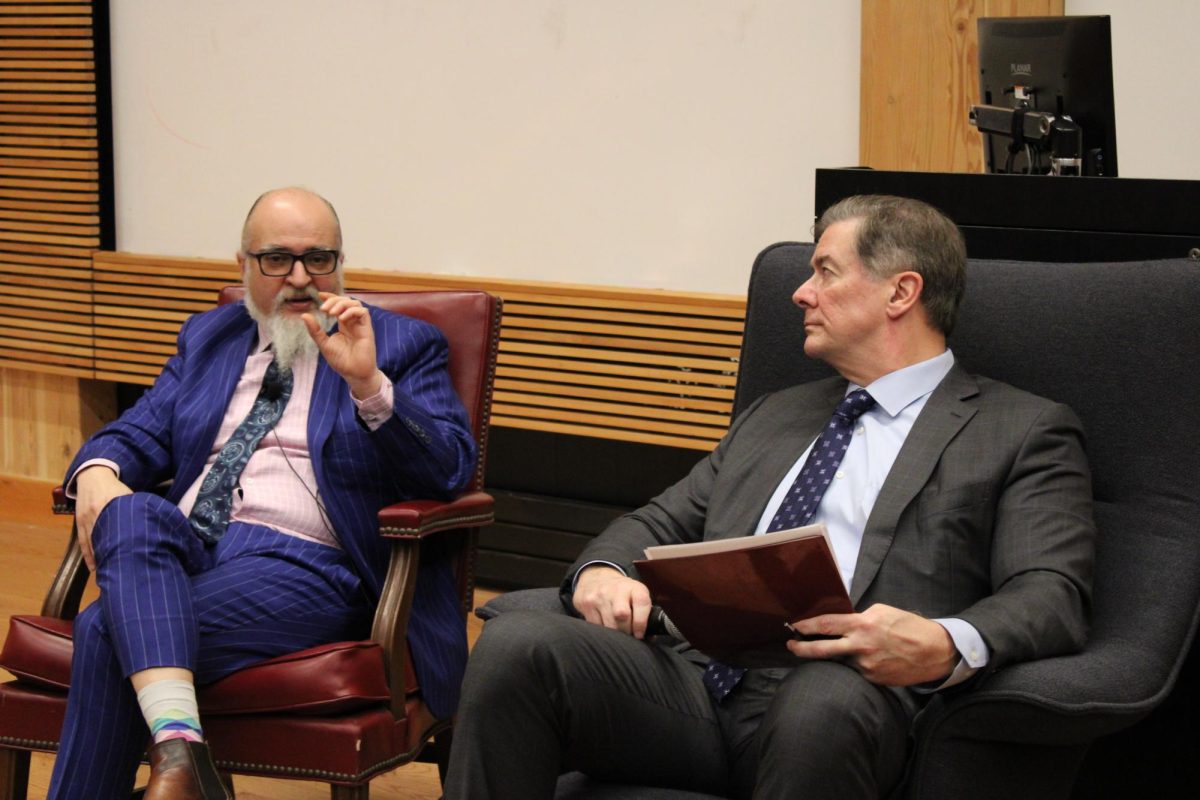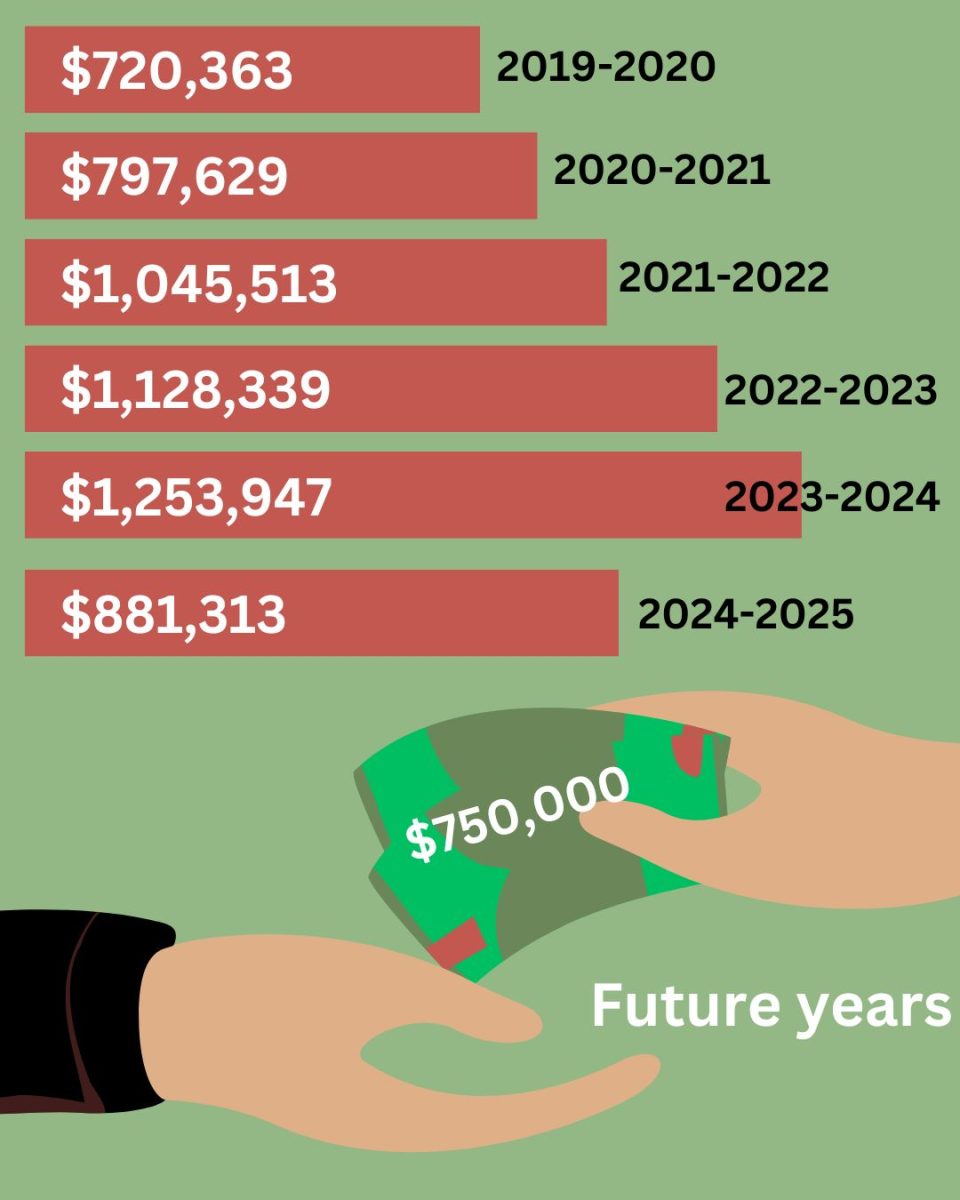On Monday Nov. 16, Texas Governor, Greg Abbott, announced in a letter to the United States President that Texas would not accept any refugees from Syria in light of the events in Paris.
In the letter Abbott wrote, “Given the tragic attacks in Paris and the threats we have already seen, Texas cannot participate in any program that will result in Syrian refugees””any one of whom could be connected to terrorism””being resettled in Texas.”
Abbott’s statement deals with issues of state’s rights and federalism and is an area of interest for Trinity University political science professors. John Hermann, a professor of political science at Trinity, believes that statements like Abbott’s have some precedent based on three Supreme Court Cases. The first case is New York v. Miln (1837).
“There were a lot of immigrants coming into the country and New York prohibited paupers from becoming citizens of the state. The question became whether Congress had the authority to force New York to take these citizens. And the Supreme Court said no, New York had complete police powers over who could be a citizen. So, it’s not without precedent that state’s have certain regulatory powers,” said Hermann.
Next, Hermann thinks that Dred Scott v. Sanford (1857) has elements of the Governor’s sentiments.
“Tawny, who wrote the majority decision said you can be a citizen of a state without being a citizen of the United States. So that must mean states can have unique qualifications for citizenship,” said Hermann.
The final case that Hermann discussed was Edwards v. California (1941).
“The Supreme Court took a very different approach. The law was very similar to the one in New York v. Miln. California, it was right after the Great Depression, in 1941 wasn’t allowing paupers to be citizens of the state. And the Supreme Court basically overturned the Miln decision by saying Congress did have the authority under the Commerce Clause,” Hermann said.
Despite this, the Supreme Court often holds the Supremacy Clause gives federal government the authority.
“Its pretty much held that the Supremacy Clause precludes states from getting involved in immigration issues, it is a federal issue,” Hermann said.
While this topic is a political issue it has a human aspect to it. Some students and faculty disagree with Abbott’s statements.
“I just hate the idea that because of something that happened we’re going to outlaw an entire group of people from coming to the United States based on their religion. I think it’s unwise. I think it’s un-sage. I think it’s un-American,” Hermann said.
Many of those who oppose Abbott’s statement do so on the belief that the Syrian refugees are fleeing from the terrorist group that Abbott says will come to the United States if the refugees are let in.
“As a Syrian I look at is as because you are not allowing people who are already dying because of ISIS and because their government is so bad you are making them victims. These people are the same victims of the attacks in Beirut and in Paris. When ISIS came into Syria in 2013, people were getting butchered. The Syrian people are fleeing them even though they are Muslim. ISIS does not represent Islam,” said Yara Samman, a sophomore at Trinity.








